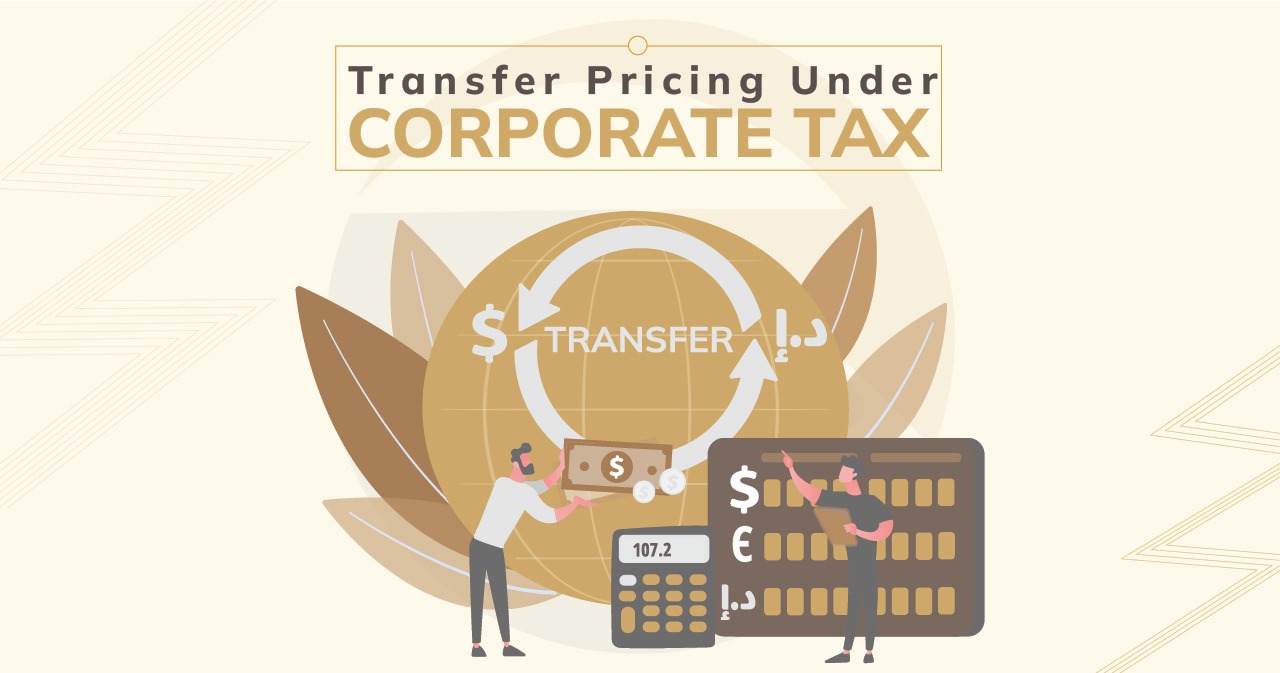
18 Aug 2022
A business may need to rethink its traditional operating methods as it adjusts its legal and accounting structures ahead of the UAE's new Corporate Tax regime.
As part of Transfer Pricing regulations, which are fundamental to Corporate Tax policy, corporate support will be subject to greater scrutiny, a practice more frequently associated with businesses.
Significant tax reform has been implemented in the UAE with the Organization for Economic Co-operation and Development (OECD) to comply with international standards. The UAE is aligning its corporate income tax system and efforts to fight harmful tax practices. OECD prescribes that multinational corporations pay a minimum 15 percent corporate income tax. Therefore, the UAE is aligning its corporate income tax with this requirement. In addition, to avoid international companies exploiting tax loopholes, OECD members must implement Transfer Pricing regulations.
The UAE government is expected to soon announce its Corporate Tax policy framework, including its Transfer Pricing regulation. As businesses prepare for the new Corporate Tax regime, ICAEW convened an expert panel to provide in-depth insight.
A new Transfer Pricing regulation will be introduced as part of the UAE's Corporate Tax regime in line with the OECD's Transfer Pricing policy framework. The Transfer Pricing strategy involves businesses in different jurisdictions paying inflated prices to a subsidiary or company in a lower region to appear less profitable and therefore subject to lower taxes.
In addition, the UAE's Transfer Pricing policy will incorporate the 'Arm's Length' principle (this principle ensures fair market conditions and correct allocation of taxes when there is a possibility of conflict of interests.) for all transactions. To comply with this rule, related business transactions must be reported similarly to unrelated transactions.
It was noted that most of the region's private sector businesses and their outsized importance might require some changes to their practices to comply with Transfer Pricing guidelines.
Businesses in regional communities are traditionally interconnected and support one another, promoting a conducive business environment through their relationships within the community. Although companies were not using these strategies to sidestep regulation, experts fear offering good terms to a related business could be interpreted as profit shifting under the new Corporate Tax regime.
It is generally a positive development to have a Corporate Tax UAE regime in the UAE. Even though there are 40 free zones in the UAE and businesses play a critical role in the market, there will be challenges to navigate. However, the measured implementation of the policy suggests those involved are committed to creating a business environment that benefits all.
As part of the discussion, the speakers also discussed the option for organizations to form a tax group, thereby rendering subsidiary businesses taxable as one entity. As a result, the UAE government has emphasized the importance of maintaining standard accounting practices for regional businesses with little experience in Corporate Tax regimes.
Despite its legal and accounting reshaping effects, the levy on corporations is believed to boost the business environment. Also, free zone companies will be able to form tax groups and continue enjoying tax holidays.

.jpg)

.jpg)
